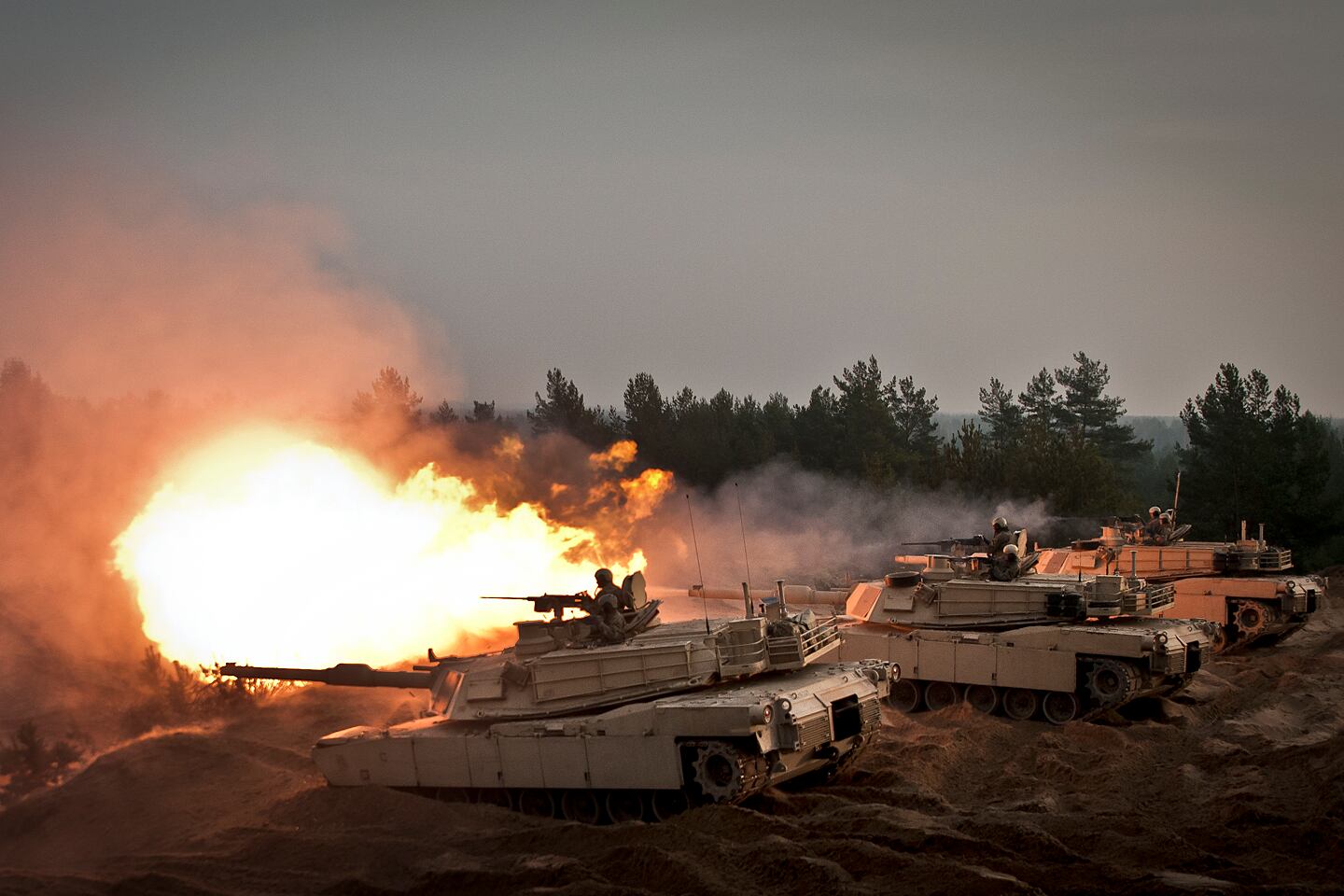The U.S. military needs to grow to meet the growing threat of near-peer competitors like Russia and China while also continuing the fight against extremist groups around the globe, according to Army Command Sgt. Maj. John Wayne Troxell, the senior enlisted adviser to the chairman of the Joint Chiefs of Staff.
America’s worldwide commitments are not getting any smaller, and threats from growing powers like Russia, China, and North Korea are pulling the country’s focus toward a great power competition.
“I don’t see the workload getting smaller,” Troxell told Military Times reporters at a round table discussion Tuesday.
U.S. troops will likely continue deploying to places like Iraq and Syria for the foreseeable future, while also preparing to take on larger, more capable nation-state threats.
“We have to have a robust force where we can defeat one of those nation-state threats in one theater and potentially deny the objectives of another, along with keeping pressure on these violent extremists like ISIS, and in the end still be able to defend our homeland,” Troxell explained.
While the new U.S. National Defense Strategy, unveiled last week, focuses on rising nation-state competitors, America’s train and advise mission in places like Afghanistan, Iraq, Syria and much of Africa is not going anywhere.
If anything, the mission has grown in recent years, with more conventional forces filling the role of elite commando forces like Marine Raiders and Green Berets to help train and advise partner nation forces.
The Army’s 1st Security Force Assistance Brigade is gearing up for its first deployment to Afghanistan this spring. The conventional force will embed at the kandak, or battalion, level to advise Afghan forces.
Whether the U.S. military is biting off more than it can chew is a serious question that defense policy makers will have to wrangle with, Troxell said.
“We are always looking at where we can mitigate risk,” he said.
If a major war were to break out with a capable nation-state, the U.S. might have to assume greater risks in other regions of the world to meet the current threat, Troxell said.
But, the point of train and advise missions is to ensure other countries are capable of their own security,
“Do they have the fight now?” Troxell said.
That’s the goal, he said. When partner forces can fully assume responsibility for their own security, it allows the U.S. to draw down its commitments in those regions and focus on other threats.
America is committed to protecting the global commons. Out of 196 countries, the U.S. has troops in 167, Troxell noted.
“There’s no other nation that makes that kind of commitment to global peace and security,” he added.
Shawn Snow is the senior reporter for Marine Corps Times and a Marine Corps veteran.
